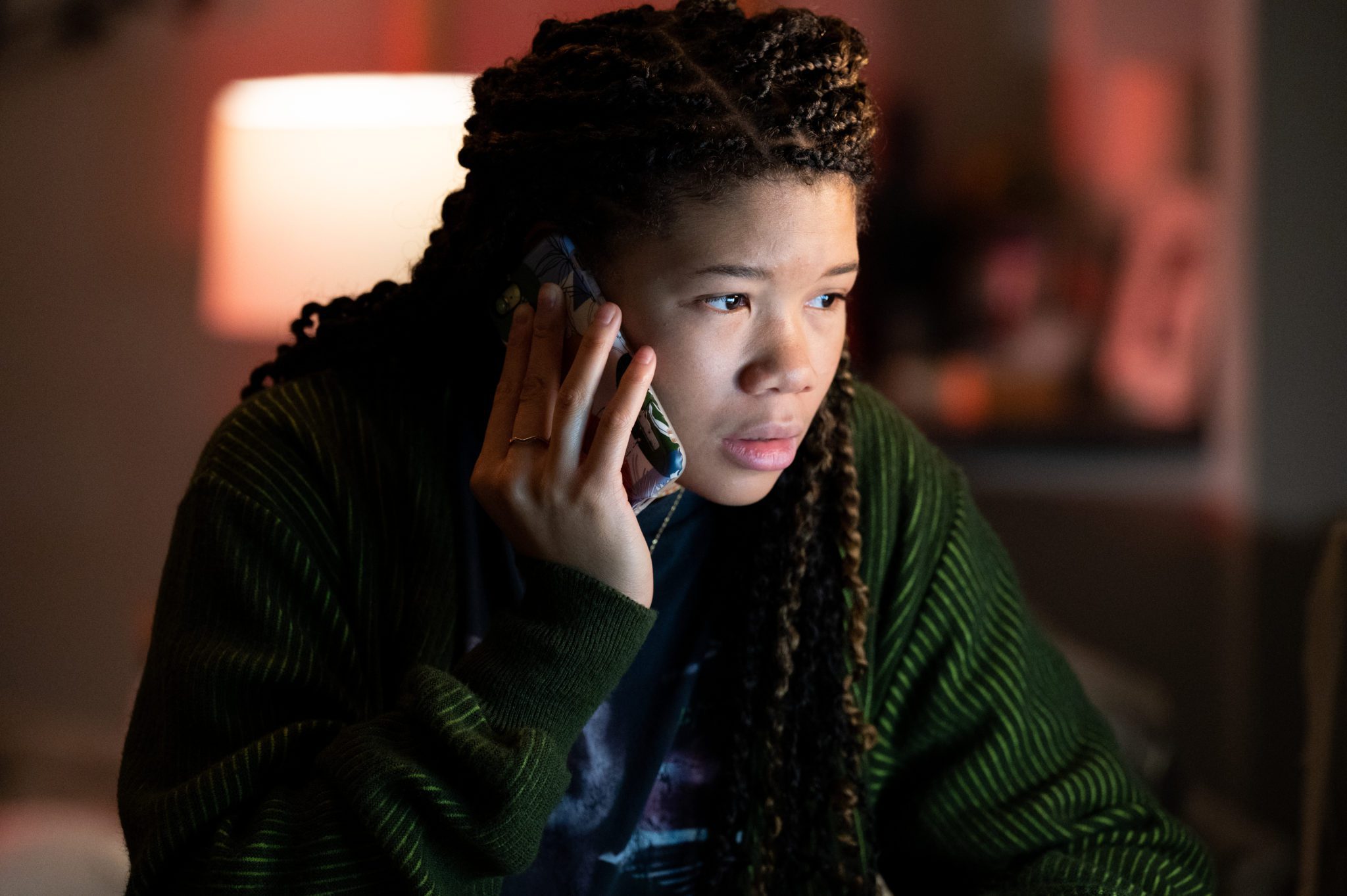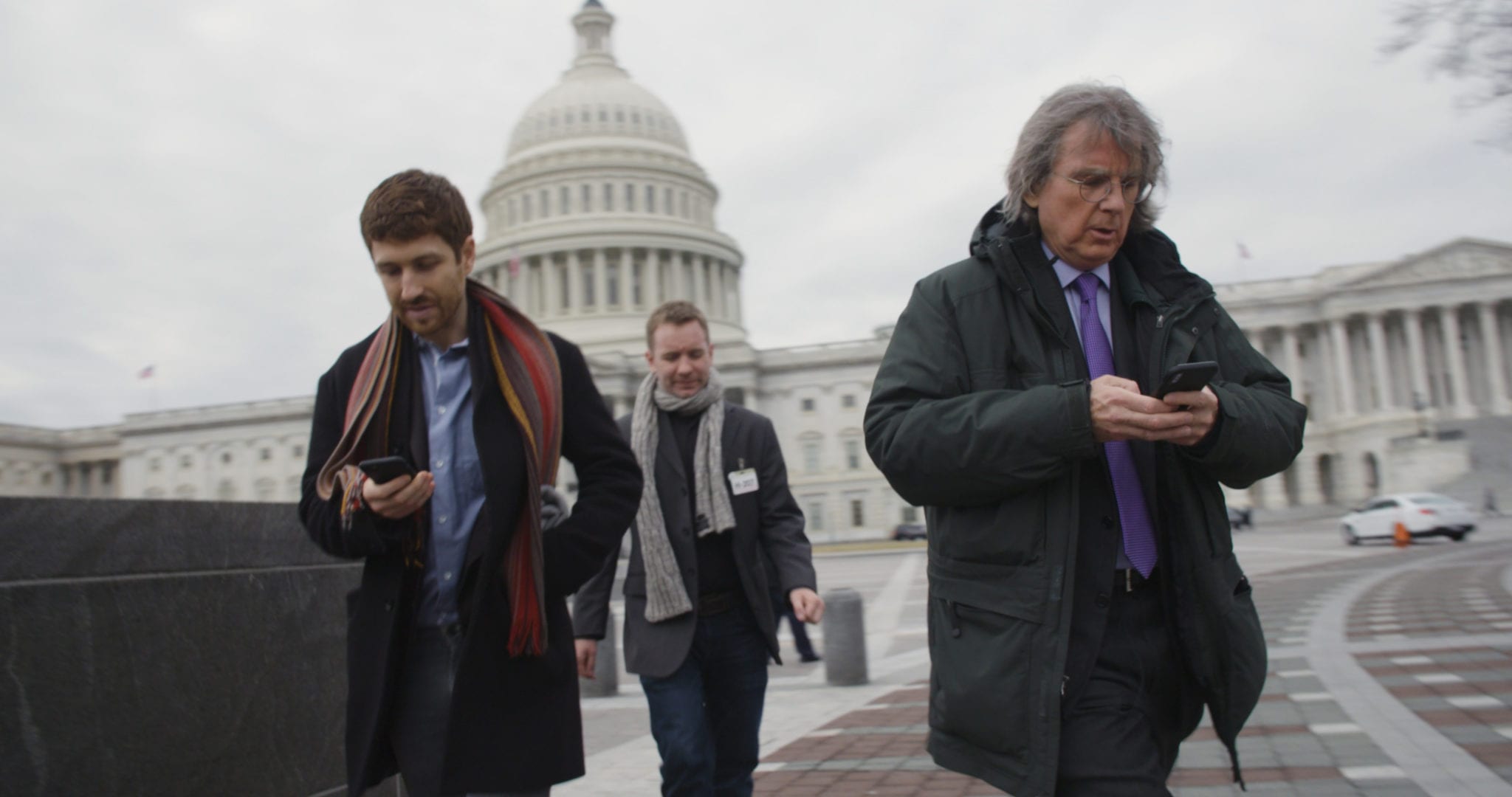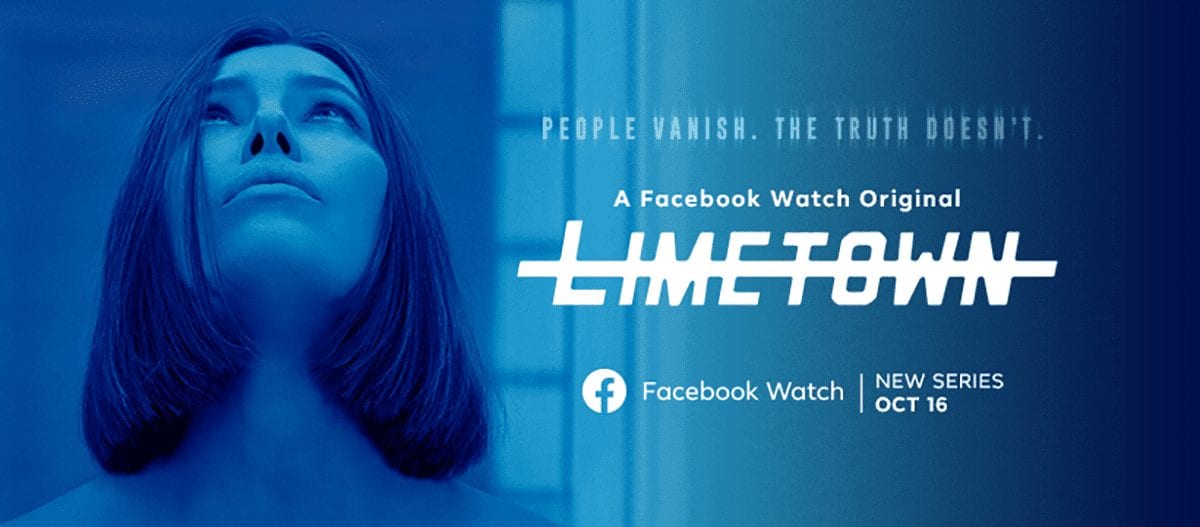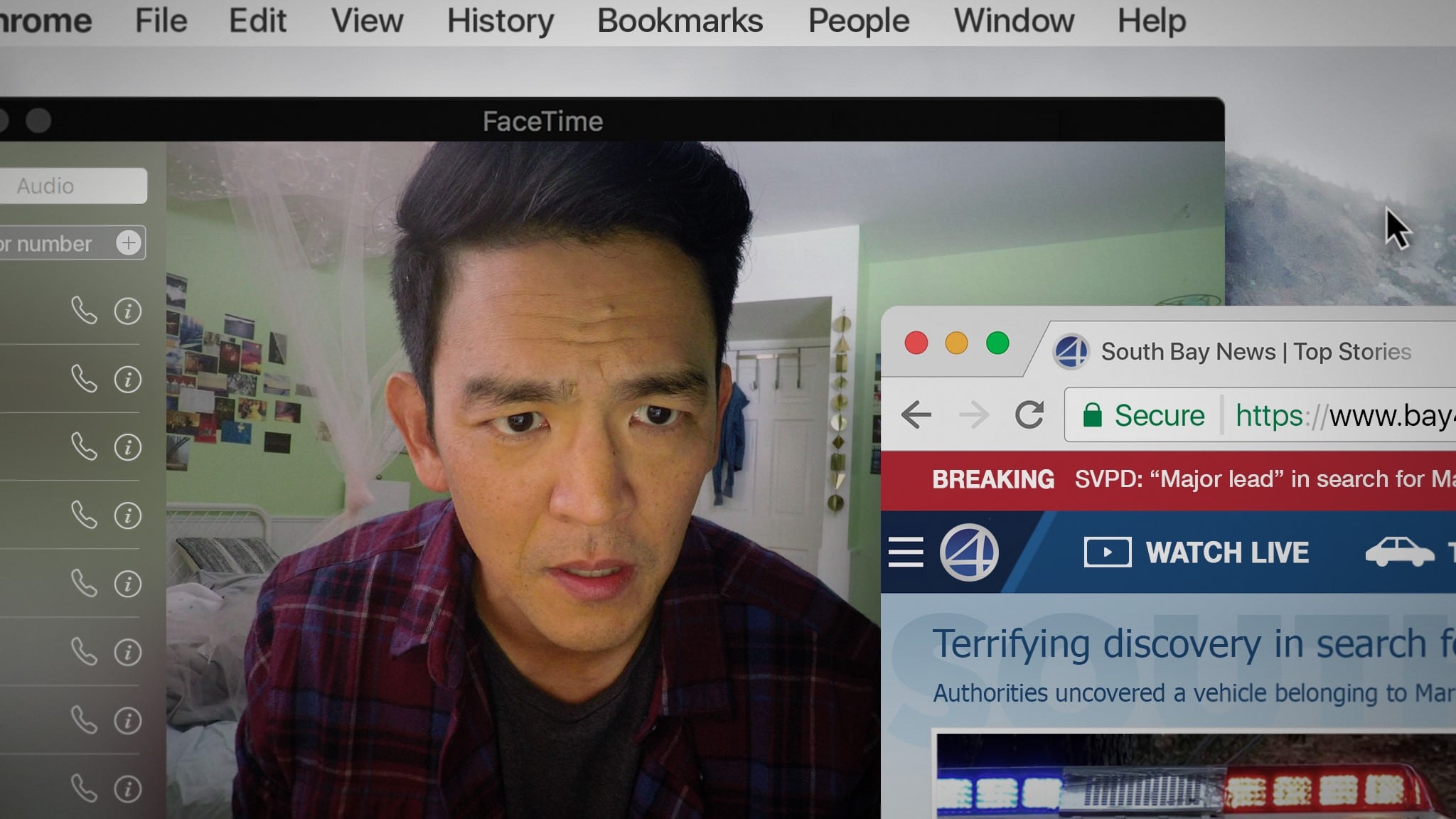
Missing: Missing Logic, Gaining Fun
Somebody once said that ?the internet never forgets?. In Missing, that memory proves helpful for once. Missing tells thes tory of June (Storm Reid), a teenager who?s still grieving the loss of her father from almost 10 years ago. Now that her mother (Nia Long) has found a new love, June is struggling to come to grips…





